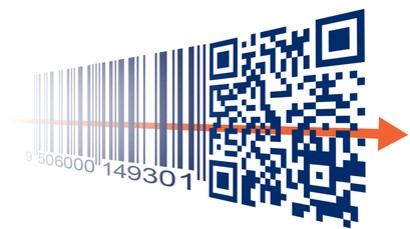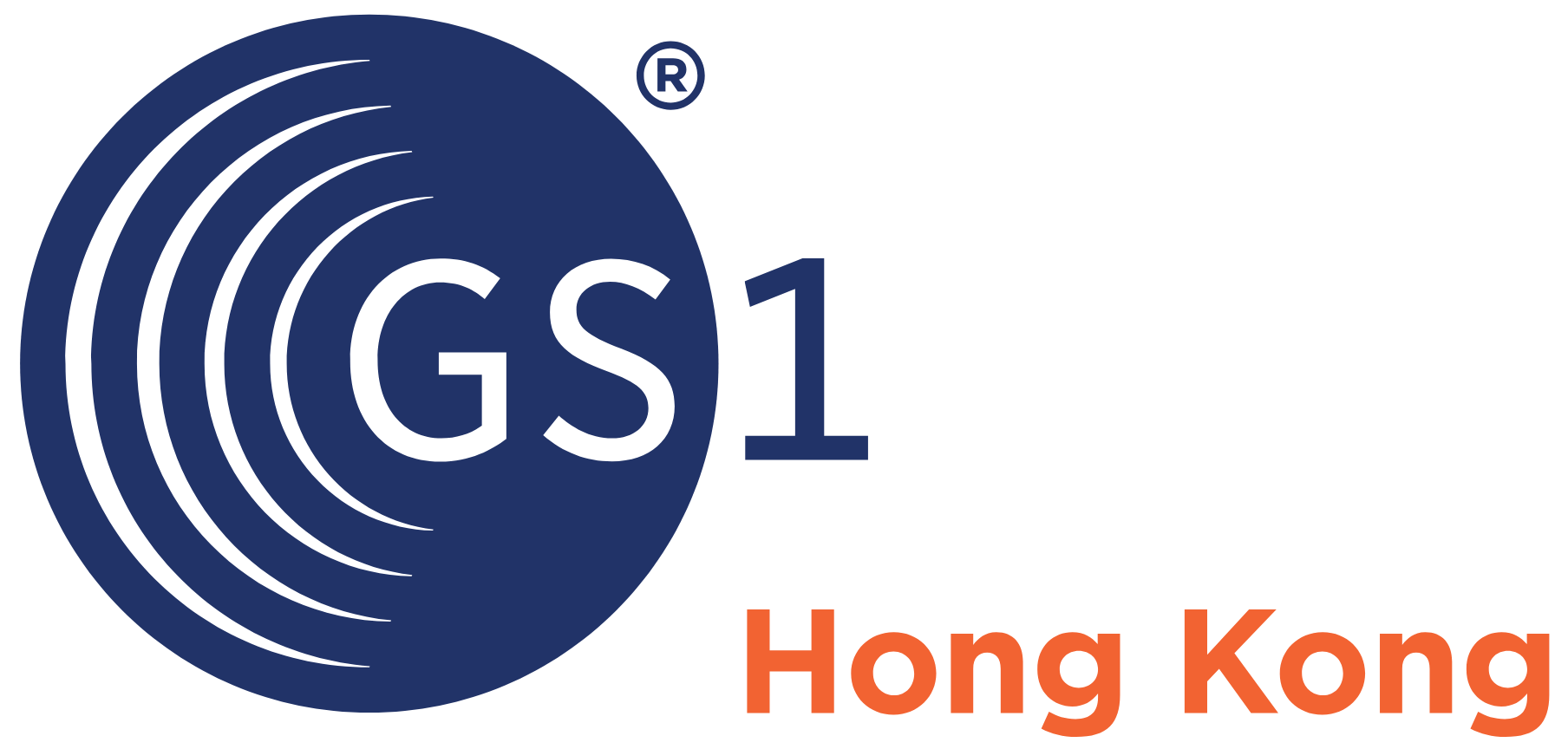What is a 2D Barcode? Why Businesses Should Prepare for GS1’s Sunrise 2027
As Hong Kong businesses embrace digital transformation, 2D barcodes are emerging as a smarter alternative to traditional barcodes. Unlike 1D barcodes, 2D barcodes store more data, support mobile engagement, and enhance traceability. To drive global adoption, GS1 has launched Sunrise 2027, a plan to drive the transition to 2D barcodes across retail and supply chains.
Locally, GS1 Hong Kong offers 1QR, a dynamic 2D barcode that links products to digital content and supports ESG transparency. This blog explores the benefits of 2D barcodes and why businesses should prepare for this shift.
Traditional 1D vs. 2D Barcodes: What’s the Difference?
Barcodes have long been essential for product identification and inventory management. Most businesses are familiar with 1D barcodes, such as the UPC, which store data in a linear format and are scanned horizontally at checkout. However, as business needs evolve, 2D barcodes offer a more advanced solution.
2D barcodes can be scanned by smartphones and POS systems, making them ideal for retail, logistics, and consumer engagement. They also support GS1 Digital Link, enabling products to connect to web-based content with a single scan.
| Feature | 1D Barcode | 2D Barcode |
|---|---|---|
| Data Capacity | Limited (e.g., product ID only) | High (e.g., product info, expiry, batch, URL) |
| Scan Direction | Horizontal only | Omnidirectional |
| Size & Space Efficiency | Requires more space | Compact and fits small or curved surfaces |
| Functionality | Checkout scanning | Mobile engagement, traceability, authentication |
| Scanning Device | Laser scanner | Camera-based scanner or smartphone |
| Functionality | Price lookup, inventory | Product info, traceability, marketing, authentication |
| ESG & Traceability Support | Limited | Supports ESG data, batch tracking, expiry info |
GS1’s Sunrise 2027 Initiative: Preparing for the Future of Barcoding
To meet the evolving needs of global commerce, GS1—the organization behind the world’s most widely used barcode standards—has announced Sunrise 2027, a global initiative to drive the transition from traditional 1D barcodes to 2D barcodes by the year 2027.
This shift is more than a technical upgrade. It’s a strategic move to enable richer product data, better traceability, and enhanced consumer engagement—all through a single scan. 2D barcodes, such as QR codes powered by GS1 Digital Link, can carry far more information than their 1D predecessors, making them ideal for modern retail, logistics, and sustainability reporting.
Major retailers, brand owners, and supply chain partners worldwide are already supporting this transition. Early adoption is key—not only to ensure compliance with future retail standards but also to gain a competitive edge in product transparency, digital marketing, and operational efficiency.
For businesses in Hong Kong, now is the time to explore solutions like GS1 HK’s 1QR, which aligns with Sunrise 2027 and adds value through ESG data integration.

GS1 HK’s 1QR: Smarter Barcodes for Smarter Business
GS1 Hong Kong has introduced 1QR—a next-generation barcode solution designed to do more than just scan at the checkout.
Built on the GS1 Digital Link standard, 1QR connects physical products to digital experiences. With a single scan, consumers, retailers, and supply chain partners can access real-time product information, promotions, traceability data, and more. This makes 1QR a powerful tool for brand engagement, inventory management, and product authentication.
What sets 1QR apart is its support for ESG (Environmental, Social, and Governance) data. Businesses can embed sustainability information, such as carbon footprint, sourcing details, and recycling instructions, directly into the barcode—enhancing transparency and building consumer trust. Compact, flexible, and future-ready, 1QR helps businesses meet global standards and unlock new opportunities in digital commerce.
Conclusion
The transition to 2D barcodes marks a major step forward in how businesses manage product data, engage consumers, and meet evolving market demands. With GS1’s Sunrise 2027 initiative setting a global deadline, early adoption is not just a smart move—it’s a strategic advantage.
For businesses in Hong Kong, solutions like GS1 HK’s 1QR offer a future-ready way to unlock richer product experiences, improve traceability, and support ESG transparency. Whether you're in retail, manufacturing, or logistics, now is the time to explore how 2D barcodes can elevate your operations and prepare you for the next era of digital commerce.
Ready to make the shift? Contact GS1 Hong Kong to learn how 1QR can help your business stay ahead.
Related Blogs
- What is GTIN? Make Best Results of Your Google Shopping Ads
- Is there any risk in using barcode generators to obtain barcodes?
- How to Get a GS1 HK 489 Barcode for Your Product?
- How to choose GTIN/EAN/UPC barcodes for products?
- A Beginner's Guide to Getting GTIN, EAN, UPC Barcodes in Hong Kong
- How many GTINs do You Need?
- Easily Check Your Products Using GS1 Barcodes
- What is GS1 HK’s “1QR”? A Guide to the Next-Generation QR Code
- Choosing the Right Barcode: GS1 Barcode vs. Unauthorised Options
- What is a 2D Barcode? Why Businesses Should Prepare for GS1’s Sunrise 2027

